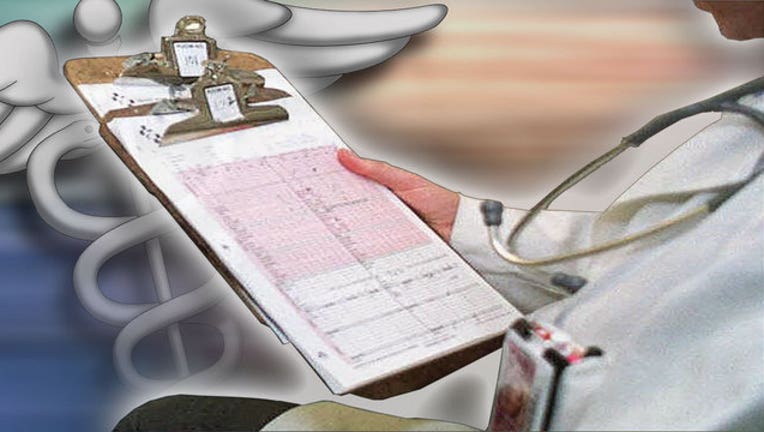Economists: Thousands would enroll in expanded Medicaid

TALLAHASSEE, Fla. (NSF) - State economists said Friday that about 260,000 low-income, childless Floridians would enroll in the Medicaid program if it were expanded.
That figure is, on average, about 44 percent of the roughly 600,000 people who would qualify for the Medicaid program if it were expanded as allowable under the federal health care law commonly called “Obamacare.”
The number is significantly lower than what state economists predicted in 2015, when they last scrutinized the economic impact a Medicaid expansion would have on the state. At the time, economists assumed that about 865,381 people would have enrolled in the program in 2015-16.
The state's chief economist, Amy Baker, attributed Friday's lower projected enrollment to a variety of factors. In 2015, economists predicted a much participation rate because of a bad economy, tax penalties and enthusiasm behind the health-care law.
Economists are revisiting Medicaid expansion because of a proposed constitutional amendment being pushed by a group called Florida Decides Healthcare, which maintains the expansion would save the state nearly $200 million in fiscal year 2022-23.
State economists, acting as the Financial Impact Estimating Conference, have been tasked with estimating the financial impact of the proposed constitutional amendment, which would make Medicaid available to Floridians earning 138 percent of the federal poverty level.
Medicaid enrollment has been on the decline in recent years, due to a better economy and an increase in household income. And tax penalties for not having insurance that were included the federal health care law have been eliminated. Those factors are behind the lower enrollment estimate, Baker said.
“You are starting with a lower pool, and from that lower pool we think quite a few less of them will actually go through the effort to fill out the paperwork,” she said.
Baker and the other economists decided Friday that 75 percent of Floridians between the ages of 46 and 55 would participate in the Medicaid program, if the expansion were to pass. In contrast, just 9 percent of 26-35 year-olds who became eligible would enroll, economists agreed.
The majority of newly eligible enrollees would be placed in the statewide Medicaid Managed Care program and enrolled in HMOs, the panel also decided.

